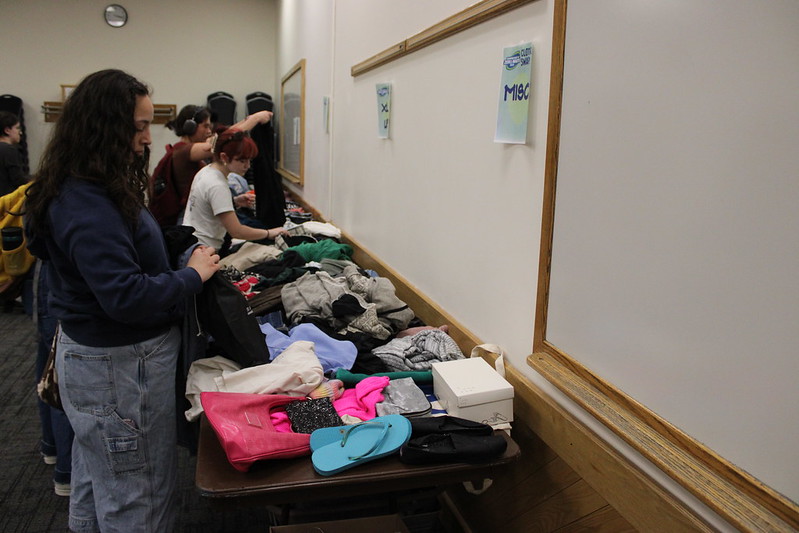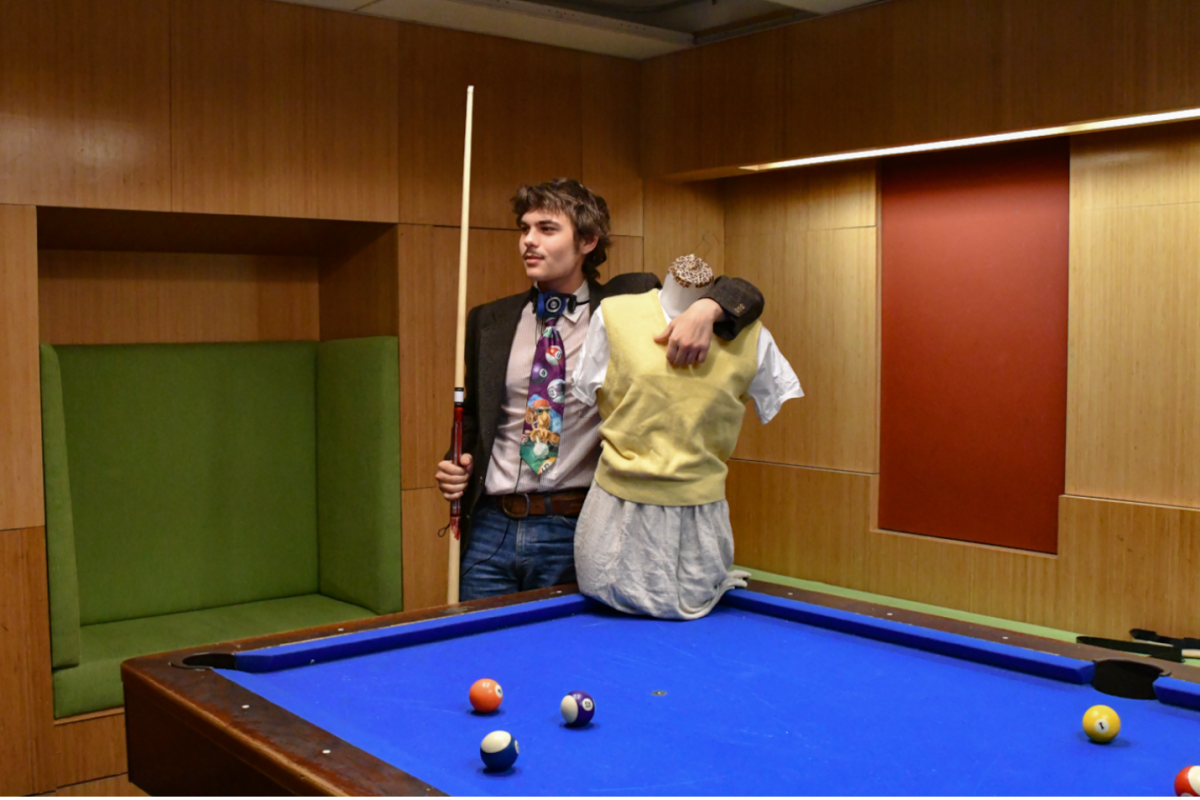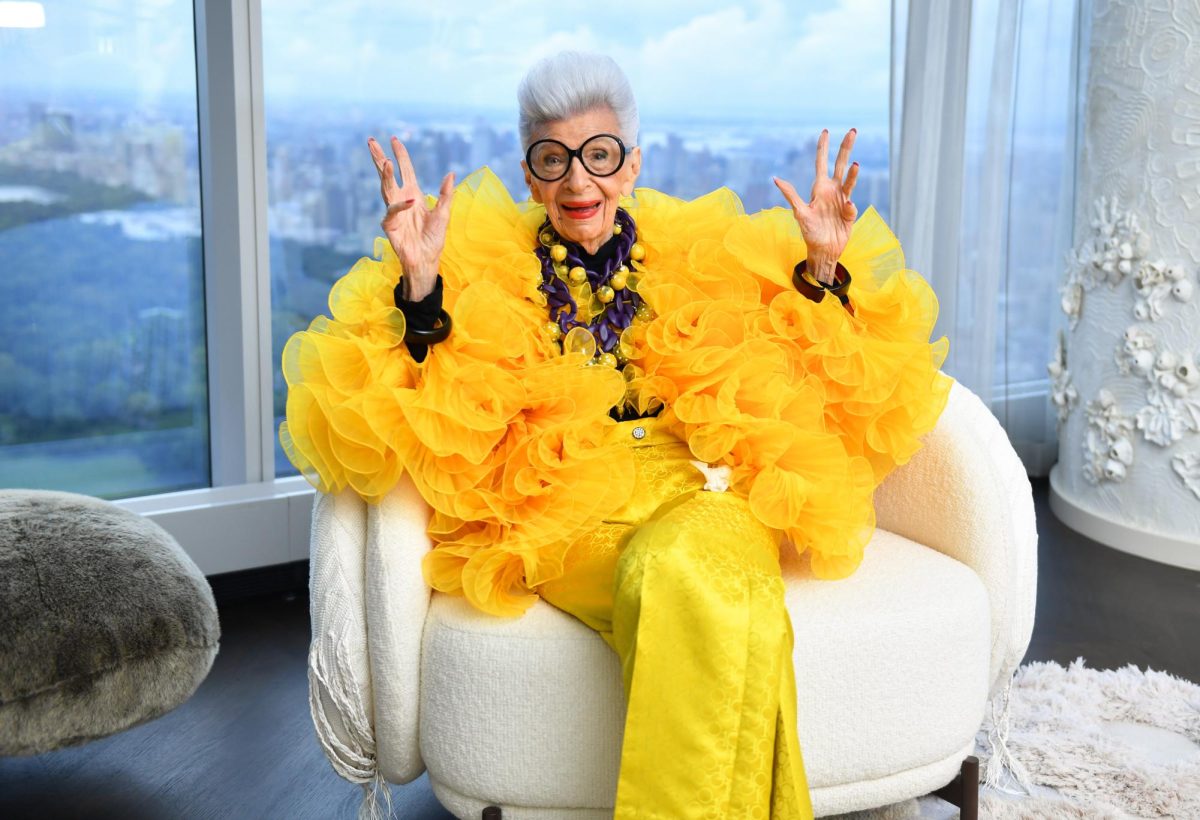
There are three things coming to mind when thinking about my generation’s cultural heavyweights: “Harry Potter,” “Twilight” and “The Hunger Games.”
Despite anyone’s opinions about these three distinct franchises, there’s no doubt that they’ve have all fared well in multiple global industries. All three of these franchises were based on a best-selling series with reality-challenging plots and memorable characters which eventually became the inspiration for films, video games, iPhone apps and even Barbie dolls.
For many people, however, buying pieces of these franchises is more than just contributing to the capitalist societies we live in. These beautifully-crafted series cradled my generation through our childhoods, through high school and, now that we are either entering or just about to leave college, are helping us take the daunting plunge into adulthood. Just like the way each of the books and films differ from series to series, the franchises related to different periods of life for my generation.
“Harry Potter”: When We Believed in Magic
J.K. Rowling’s “Harry Potter and the Sorcerer’s Stone” was, for many of us, the first mountain of a novel our elementary school minds could tackle. We could relate to Harry’s adventures with his friends because we were also just starting to become accustomed to school life, trying to avoid and outsmart the bullies and grieve over our first broken hearts. Elementary school was also a time when we still believed in magic. It was a time when we believed that a flick of a wand could get rid of those darned monsters that hid in our closets at night. Some of us even still believed in Santa Claus.
It was also a time when our “problems” – also known as missing glue, not wanting to share, crying because we weren’t allowed to have that cookie and more – were as imaginary and yet as insurmountable as having to face ghouls, goblins and witches. Life was still simple, which is why we could relate to Harry’s world. It wasn’t real and the threats that Harry and Rowling’s eccentric cast of characters faced were problems that we would never have to face. Then high school came around.
“Twilight”: Giant metaphor for, um, sex
During our last year in middle school or that awkward freshman year in high school, we all started to change. Puberty took over our bodies and we became these hormone-filled, fresh-mouthed, hungry and nocturnal monsters. It was perfect timing that Stephanie Meyer’s “Twilight” series started to gain massive amounts of popularity during my time in high school. Despite the laws of physics, Meyer’s vampires could be in the sun, with the only consequence being that they start to glow like a Tiffany’s diamond. Other than an eternal thirst for blood, we were basically vampires that only withstood the sun when we reluctantly stepped off the bus and entered the building that might as well have been a prison.
The series played with what every teenager craved. Just like Bella, we wanted nothing more than to fit in with people we thought that we had nothing in common with. Then, when the films came out and Meyer’s characters were brought to life, our hormones told us that there was something that we wanted even more: sex.
From the gorgeous, statue-esque vampire women of the series to how the lighting hit Taylor Lautner’s abs just right, girls and boys alike were so drawn to the series that it didn’t matter how bad of an actress Kristen Stewart was. We wanted sex.
We wanted to be beautiful. The entire series’ success was based on playing with this kind of superficiality. High school was a time when, yes, although life was starting to get more serious than our “Harry Potter” days, what was most important to us was mostly superficial. We strived for popularity, spent tons of money on beauty products that we weren’t even sure actually worked and looking good took a higher priority than anything else.
“The Hunger Games”: And then we had to grow up.
“The Hunger Games,” created by Suzanne Collins, is different from the other series’ in that its journey is nowhere near completion. This is quite ironic because my generation’s farce into adulthood is just beginning and these books explore more adult themes than the other books.
The character Katniss, a teenager, is thrust into very adult situations when she takes her sister’s place in a tournament that pits other teens in a fight to the death. On top of this, she must deal with figuring out her feelings for the characters Peeta and Gale and must also try to maintain her sense of individuality when the corrupt Capitol of a post-apocalyptic United States tries to mold her to its standards.
How does this bizarre, unlikely story relate to us? Well, there’s a little bit of Katniss in each of us. By now, we’ve probably had to make some sort of sacrifice like Katniss did. Maybe we had to let go of someone for our own good or maybe we had to give up our dreams of going to a different school and are now just trying to make the best of our current situations.
Then we have love.
After plenty of hits and misses, we’ve realized that love isn’t as simple as seeing the “one” on the sidewalk and now your life is complete. We now know that relationships take a lot of work to create and maintain and sometimes there’s other circumstances that we just can’t control.
Then we have Katniss’ fight for her individuality. Sure, most of us don’t even know who we are yet and how many 18- to 20-year-olds actually do?
Still, for those who are still finding themselves and even for those who already have, we are constantly facing conflicting forces that try to change us, from the media to the people we surround ourselves with. “The Hunger Games” franchise isn’t close to losing its fire, but there’s no doubt that its plot elements and characters are relevant to my generation’s transition into adulthood.
Stephen Margelony-Lajoie can be reached at [email protected].













Ellie • Apr 24, 2012 at 8:28 pm
Great article. I’ve seen the films for all three franchises, but I’m not a huge fan of Twilight. I definitely agree that the books and films have come at appropriate times in our lives.